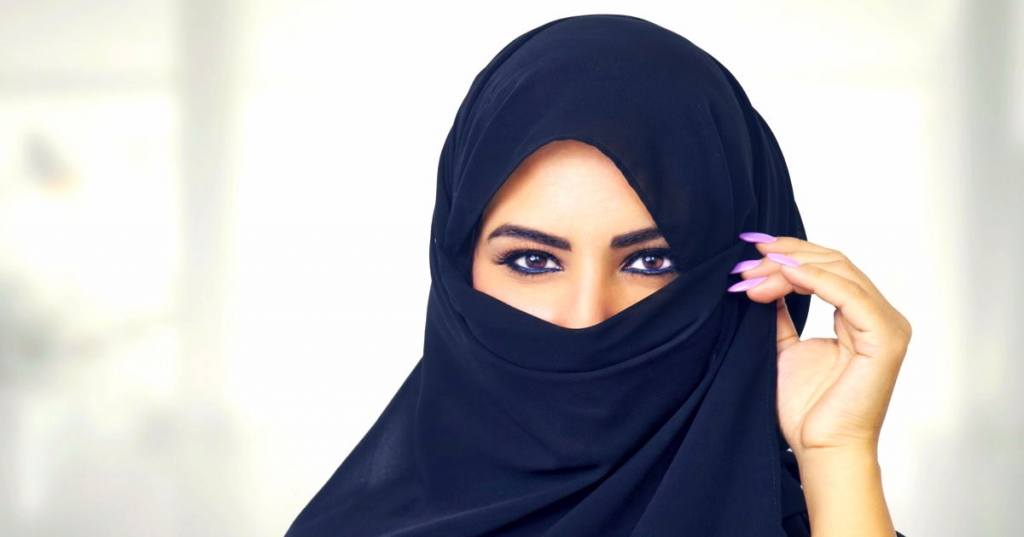-
Tips for becoming a good boxer - November 6, 2020
-
7 expert tips for making your hens night a memorable one - November 6, 2020
-
5 reasons to host your Christmas party on a cruise boat - November 6, 2020
-
What to do when you’re charged with a crime - November 6, 2020
-
Should you get one or multiple dogs? Here’s all you need to know - November 3, 2020
-
A Guide: How to Build Your Very Own Magic Mirror - February 14, 2019
-
Our Top Inspirational Baseball Stars - November 24, 2018
-
Five Tech Tools That Will Help You Turn Your Blog into a Business - November 24, 2018
-
How to Indulge on Vacation without Expanding Your Waist - November 9, 2018
-
5 Strategies for Businesses to Appeal to Today’s Increasingly Mobile-Crazed Customers - November 9, 2018
Saudi Women Flock To Register Themselves For Historic Polls
For the first time, women will be able to vote and run for office in Saudi Arabia’s municipal elections. Here’s to the women of Saudi Arabia continuing to design the lives they want for themselves.
Advertisement
According to a report in the Saudi Gazette, the first two women to receive their voter cards were Jamal Al-Saadi and Safinaz Abu Al-Shamat.
The registration process for female voters in Saudi followed years of struggle to grant women their political rights. This is a historical moment in the Saudi Arabia.
The new policy is being put into effect on schedule, four years after the late Saudi King Abdullah bin Abdulaziz al-Saud approved the rules change in 2011.
A reported 70 women intend to run for office and another 80 to work as campaign managers.
The electoral reform is being hailed as a democratic breakthrough in a society where a woman cannot even drive a car.
“I think there is the realisation from different groups, including the conservative groups, that what happened in the past, where their voice was the only representative in society, would no longer continue”, she said. Along with the declaration of women’s voting right in 2011, legislation also approved the voting age as 18.
Ms Shamat told the newspaper she had been determined to be “the first woman” to register, describing it as a national duty to participate in elections. In addition to driving, women in Saudi Arabia are also forbidden from: swimming in public pools; working out in gyms; trying on clothes in store dressing rooms; entering cemeteries; reading fashion magazines; wearing anything other than a full abaya covering their face, hair, and body; going most places without a male relative or a chaperone known as a mahram; get divorced; or open their own bank accounts. The elections are scheduled to take place in December.
Despite the triumphant tones in the official media, worldwide rights activists warn there is still a long way to go before women have equal rights to men in the kingdom, defining it “only a tiny fraction of what needs to be addressed over gender inequality in Saudi Arabia”.
Advertisement
She told The Gazette that the ministry had failed to make women aware of what was happening, adding: “They have failed dearly in reaching out to the community and marketing the elections to them”.





























